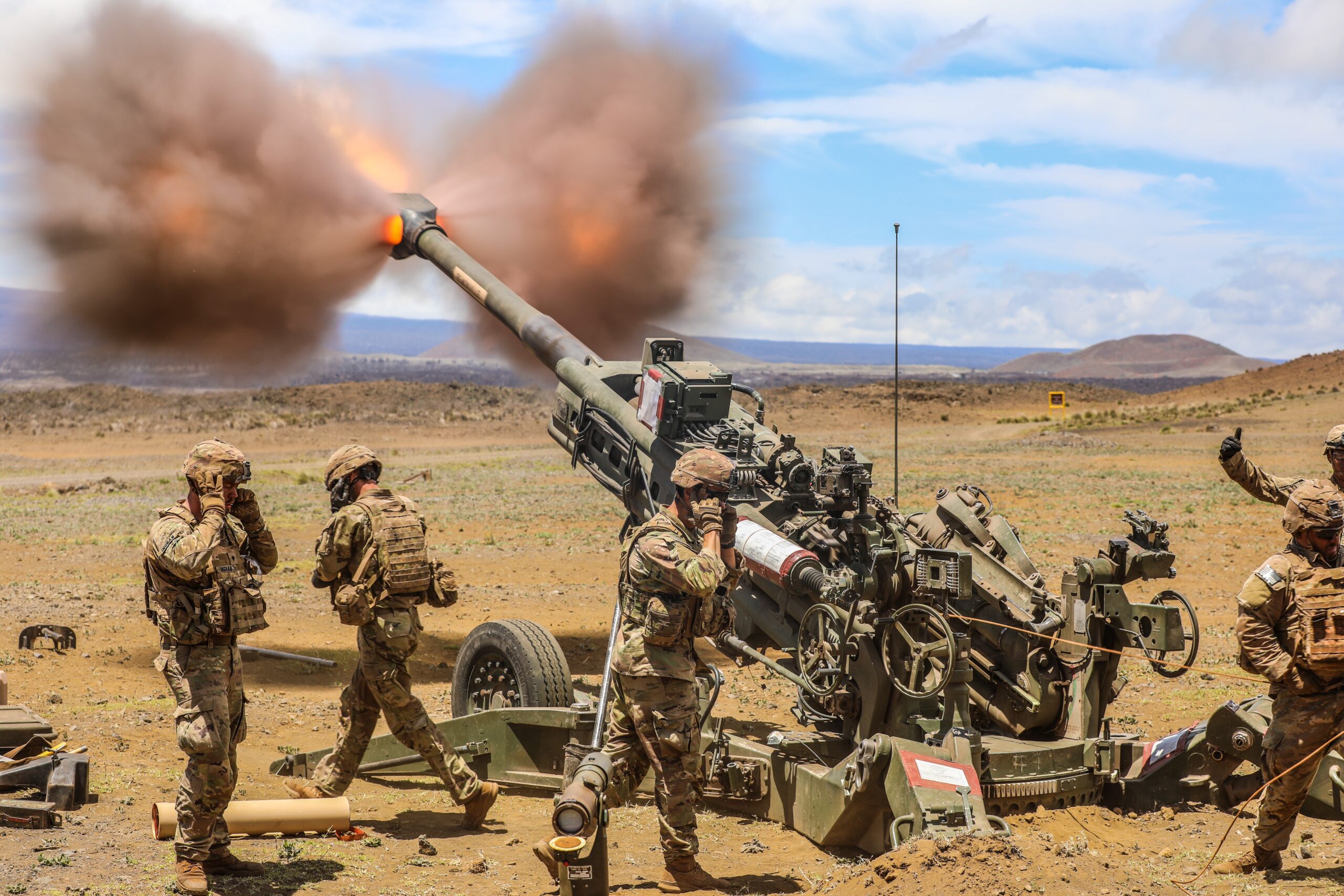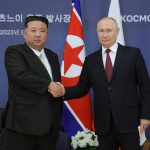In a stark warning on Wednesday, President Joe Biden’s national security advisor Jake Sullivan underscored the urgency of ramping up U.S. defense production amidst escalating tensions with China. Speaking at the Center for Strategic and International Studies, Sullivan emphasized the rapid depletion of munitions that could occur in the event of a conflict with the People’s Republic of China (PRC).
Sullivan’s remarks come as the incoming Trump administration prepares to transition into leadership, and he urged that the momentum for domestic defense industrial growth, catalyzed by the ongoing war in Ukraine, be maintained. “God forbid we end up in a full-scale war with the PRC,” he cautioned, while outlining the potential strain such a conflict would place on munitions stockpiles.
To address this critical issue, Sullivan advocated for a revolving fund for munitions proposed during the Biden administration, which aims to secure $500 million annually. This fund would enable the Department of Defense to obtain essential munitions even as they are expended on the battlefield, like in Ukraine. He acknowledged that discussions in the next administration regarding defense budget appropriations would be necessary but emphasized the importance of consistently enhancing the military-industrial base that has diminished since the Cold War.
“First and most fundamentally, we’ve got to keep ramping up and accelerating production and procurement of the things that we need most,” Sullivan asserted, highlighting a significant increase in the production of 155-millimeter artillery rounds. He noted that production would reach 55,000 rounds per month by the end of Biden’s tenure, representing a remarkable 400 percent increase compared to pre-war levels, with an ambitious goal set to expand to 100,000 rounds monthly by early 2026.
Additionally, Sullivan pointed to the necessity of countering the growing collaboration among U.S. adversaries, specifically mentioning China, Russia, North Korea, and Iran. In light of these geopolitical challenges, he expressed concern about Trump’s team, which has shown reluctance toward continued U.S. military support for Ukraine, favoring instead a swift resolution to the conflict with Russia. Key advisors, including Vice President-elect J.D. Vance, have indicated a preference for reallocating resources towards countering the PRC, highlighting a potential shift in U.S. foreign policy priorities.
As tensions with China loom large, Sullivan’s call for enhanced defense production and a robust military-industrial base reflects the Biden administration’s commitment to preparedness in an increasingly complex global security landscape.













